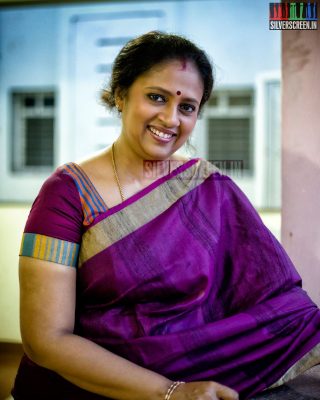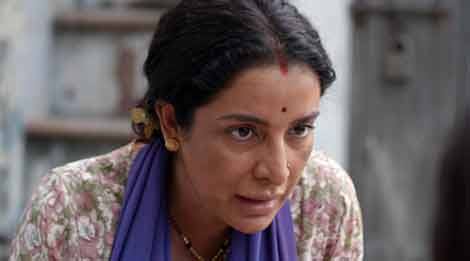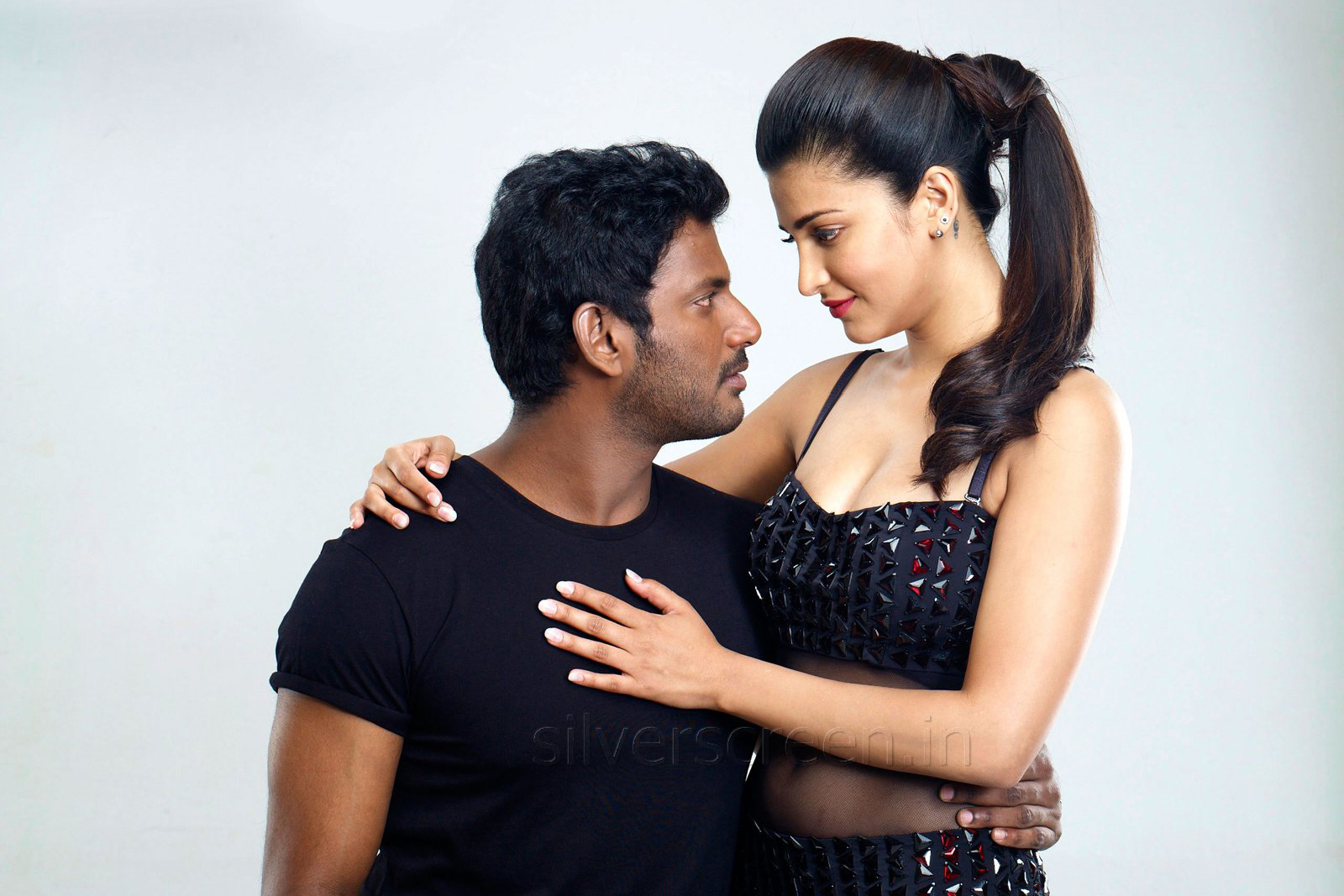What does a bus conductor in Kerala have in common with an Academy Award winning Hollywood star? Being paid less than her male counterparts. It’s an uncomfortable issue, and it’s not going away. With opinions from director Lakshmy Ramakrishnan, actress Janani Iyer, and actor Amitash Pradhan, we take a look at this issue.
***
A pay gap or wage gap is a statistical indicator to measure women’s earnings relative to men’s. Put simply, it shows that women work just as hard in the same job, but are paid less on average than male colleagues.
Increasingly, women have decided to have none of it. In the entertainment industry, there was Patricia Arquette’s iconic speech at the 2015 Oscars, in which she said, “[Women] have fought for everybody else’s rights. It’s our time to have wage equality for all.” Then Kalki Koechlin spoke up about pay not being fair when she said, “You only get paid more than a man if you are Priyanka Chopra.”
They’re not the only ones taking a stand
But last week, The Hindu reported on a project that failed miserably when female employees discovered how little they were being paid. And they had a different response. Several trained women had been inducted as conductors in private buses, as part of a project to boost a new work culture. Six months in and the women discovered that there was a stark difference in pay. The result: many of the women quit. The organisers now claim that 26 out of the original 90 women are still working for them.
“I worked for Rs 300 a day for the initial three months, and after persistent demands, it was increased to Rs 500. Then I was told that there would be no more wage hike despite putting in over 12 hours a day even as men were paid Rs 800 to Rs 900. So, I left after five months,” said one of the women who had quit.
It makes you wonder: what would happen if top Indian actresses followed the example set by these women?
***
According to the International Labour Organization (ILO), as of 2016, India ranks among the top five in terms of wage inequality, with the gap exceeding 30 percent.
Still, it’s mostly viewed as a topic best left under the mat.
Not so for director and actress Lakshmy Ramakrishnan, who has frequently spoken about this issue. “There’s so much to be done,” she tells Silverscreen, calling it a vicious cycle. “This is apparent of a male-dominated society and suppression. Patriarchal society and this cycle goes on even when so much has changed in this world. Women are progressing and moving ahead, yet they are subjected to this inequality,” she says.
 Her solution? “Revamp the whole thing from scratch,” comes the response. “Nobody knows where all of this originates from. We need to work towards building an environment where women in the work-front are looked at as equals. She manages to balance work, home and family and yet continue to be so strong,” says Lakshmy.
Her solution? “Revamp the whole thing from scratch,” comes the response. “Nobody knows where all of this originates from. We need to work towards building an environment where women in the work-front are looked at as equals. She manages to balance work, home and family and yet continue to be so strong,” says Lakshmy.
Recounting an incident from the sets of Aarohanam (2012), Lakshmy says, “The audio design was being done by Geetha Gurappa. Her assistant, a boy, however, used to work till night. There is always this fear around if a woman is made to work at night. Questions like – ‘How will she go home? Will she be safe?’ come up.
Or if she does work in the night outside home, she’d get a barrage of calls from her family about her return or something as minute as how to cook rice.
Many may flinch at that, and some companies may even look at it as a liability, but then I realised that she gives in her 100 per cent always because she has to balance both her lives.”
Ultimately, Lakshmy believes that change has to come from society. “A woman is a multi-tasker, a go-getter, and a huge risk-taker. We need an inclusive society, and it’s important for women to be empowered to participate in every area. Only then will this gap go,” she says.
***
Janani Iyer, who recently starred in Adhe Kangal, still looks at herself as a heroine who hasn’t quite established herself in the industry. On the subject of the pay gap, she says, “I still feel I haven’t reached that stage where I can make demands. I am yet to be as big as many of our heroines,” she tells us. “When you look at films, the hero tends to pull the story, the movie. So I am yet to reach that level where I can talk about pay between the actors and actresses,” she says.
Incidentally, actor Karthi had voiced a similar opinion in an interview last year. He said that an actress ought to be paid as per her demand. “Like stock market, your value goes up, down. So, a heroine who is doing very well demands whatever market share she pulls, and producers do pay for it. So, we can’t say anybody is underpaid or anything because they are paid as per their market value. That’s how films work,” he said.
It’s part of the cyclical logic Lakshmy describes. The industry is so reliant on glamorous heroines for its promotional material. But it’s the male heroes like Vijay or Ajith who are in a position to make demands. Glamorous heroines can always be replaced, given how generic their roles can be.
***
In 2014, industry experts estimated that top Bollywood actresses like Deepika Padukone and Katrina Kaif made about a tenth of what their counterparts Salman, Shah Rukh, and Aamir made. While actresses from south Indian cinema haven’t been vocal on the subject, actresses like Kangana Ranaut have said that their paychecks are a “small step” towards pay equality.
When reports surfaced that she was paid Rs. 11 crores for a film (light years away from Salman Khan’s Rs. 60 crores), she said “I am complaining too. There was a point when my complaint wasn’t rational and yet, I felt that way even earlier. But the data wasn’t supporting me. Queen did make money, about Rs 100 cr, but still I wasn’t sure how much money could I ask for after that. Also, giving a 250 cr money is a different thing altogether. My getting Rs 11 cr is a small step towards that equality you are talking about, and as a woman I would also want to see…to be treated as an equal.”
***
 Amitash Pradhan, best known for his role as the antagonist in Dhanush’s Velaiyilla Pattadhari (2014), believes that the pay gap lies in faulty mindsets.
Amitash Pradhan, best known for his role as the antagonist in Dhanush’s Velaiyilla Pattadhari (2014), believes that the pay gap lies in faulty mindsets.
“Talking about cinema, you can see that 90 percent of good films have stronger, well-written female roles. Given equal footing on screen, then they should be given equal footing in terms of pay,” he says.
Recommended
Taking Shahrukh Khan as an example, Amitash says that even a big actor like Khan has recognised this issue of male actors being given more importance than their female counterparts.
“In Dear Zindagi, you’d see Alia Bhatt’s name appear before SRK’s. Even in Chennai Express (2013) for that matter, Deepika’s name appears before because obviously the two lead stars are looked at equally in the film. I believe that if a person who works more than 12 hours compared to their colleagues working six hours ought to be paid for the work they do.”
“I see this change happening in Bollywood and one can only hope this trickles down to Tamil cinema,” he adds.
*****
Feature Image: WAMC.org


